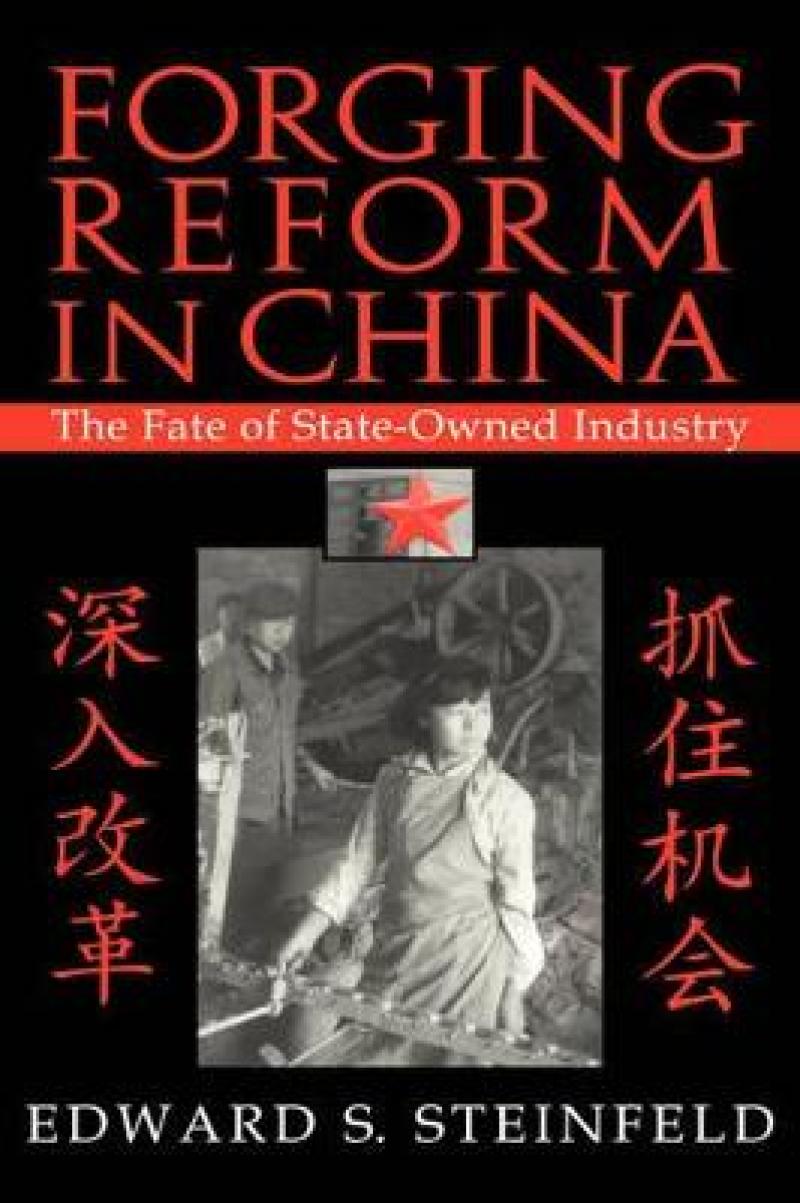'This is the most sensible and the scariest book on China's economic reforms that you will come across this year … His theoretical contributions to debate on the role of the state, ownership and regulation in transitional economies are also to be commended for their common-sense empirical grounding and clarity exposition … This book is required reading for anyone working on Chinese reforms or on reform in transitional economies generally. Even if they do not agree with Steinfeld's conclusions, they will have to address the arguments developed. I found it an enormously impressive and valuable piece of work.' The Times Higher Education Supplement
'… Edward Steinfeld, a professor at MIT's Sloan School of Business, offers compelling evidence that 'autonomy extended in the absence of functioning governance and hard budgets is a recipe for disaster … he examines the cases of three large steel companies that epitomise the almighty mess created after managers were given rights without responsibilities'. Wall Street Journal
